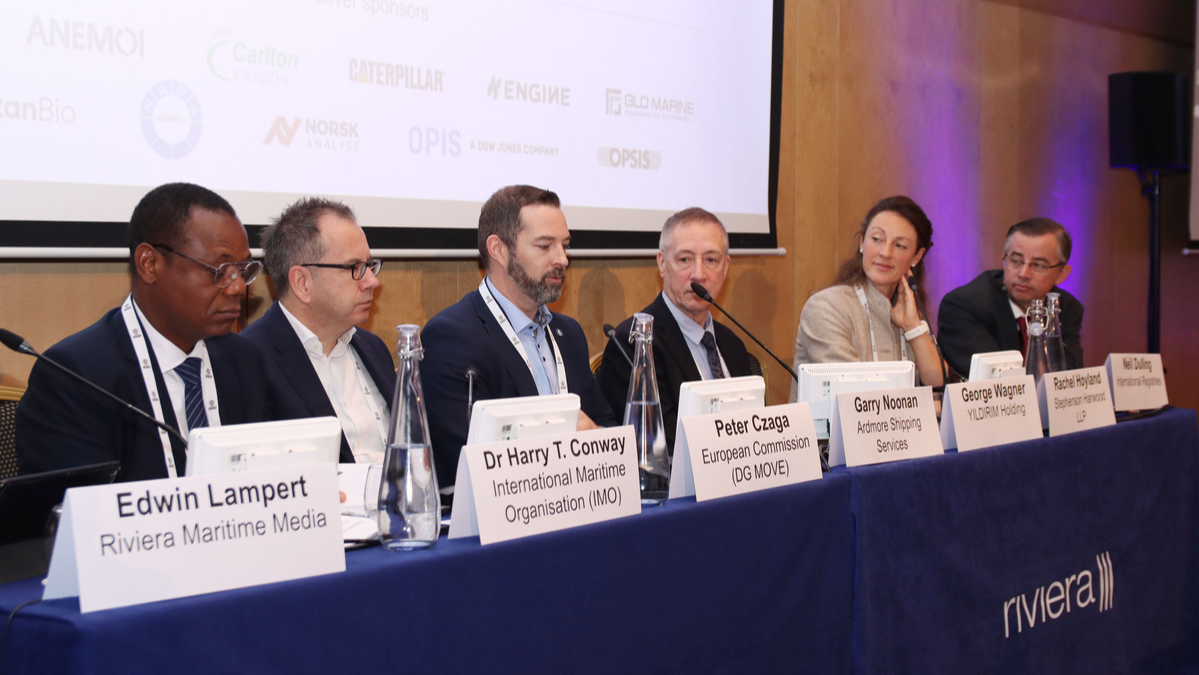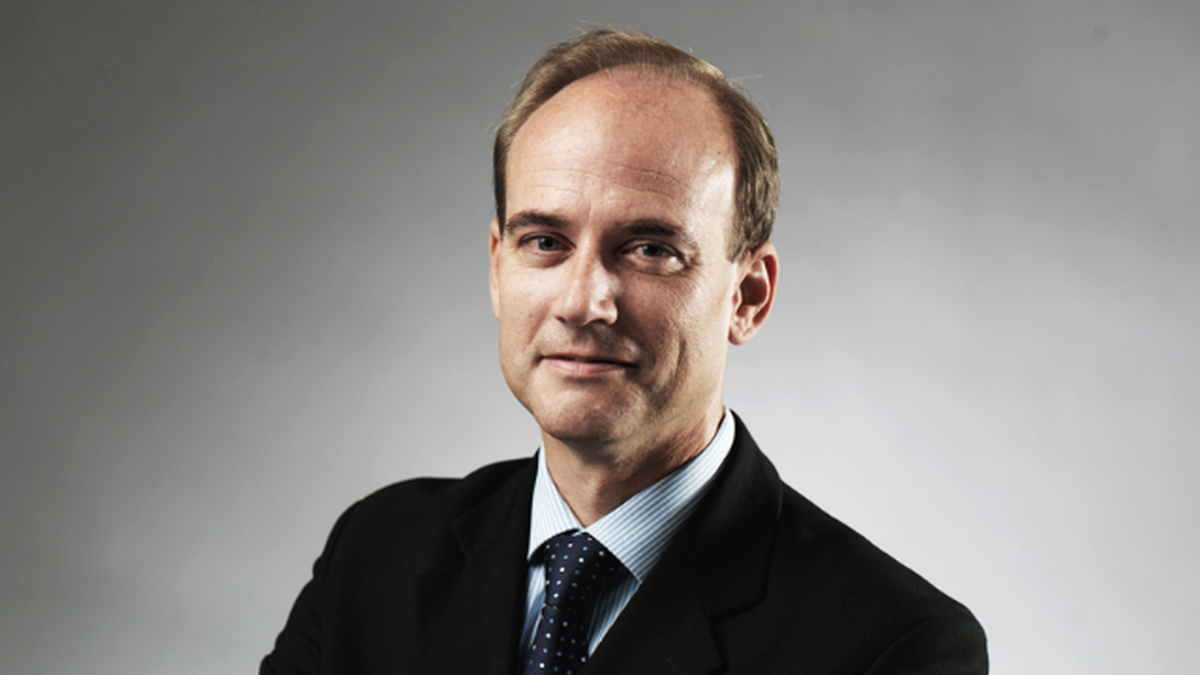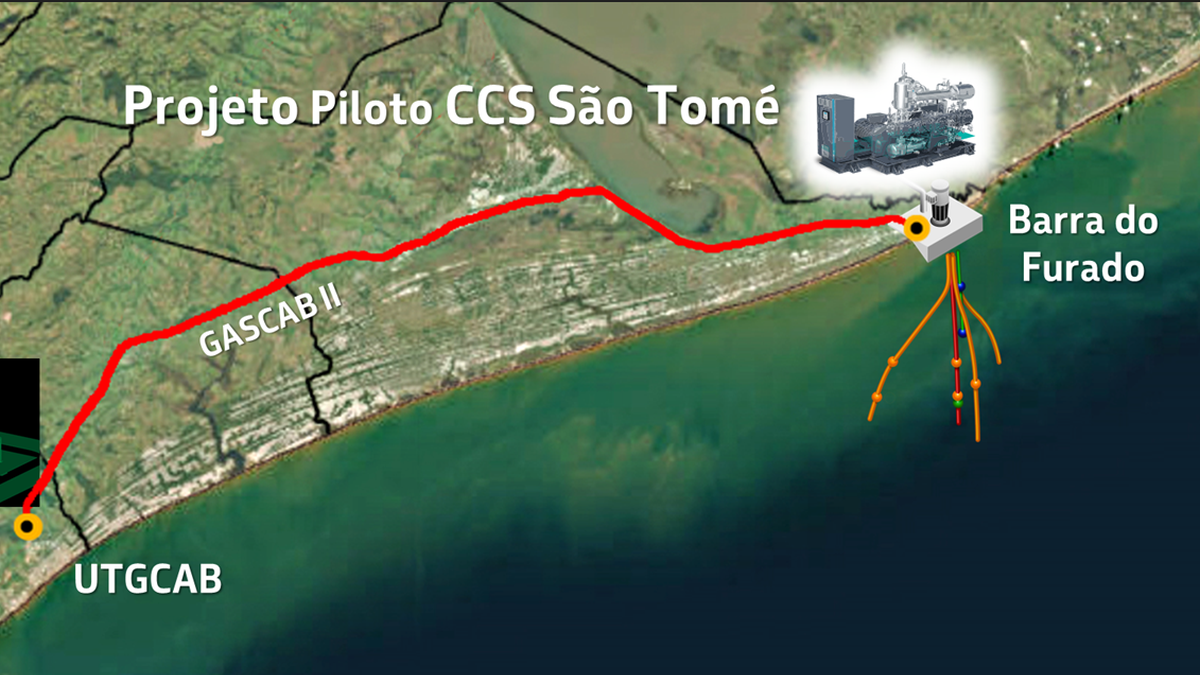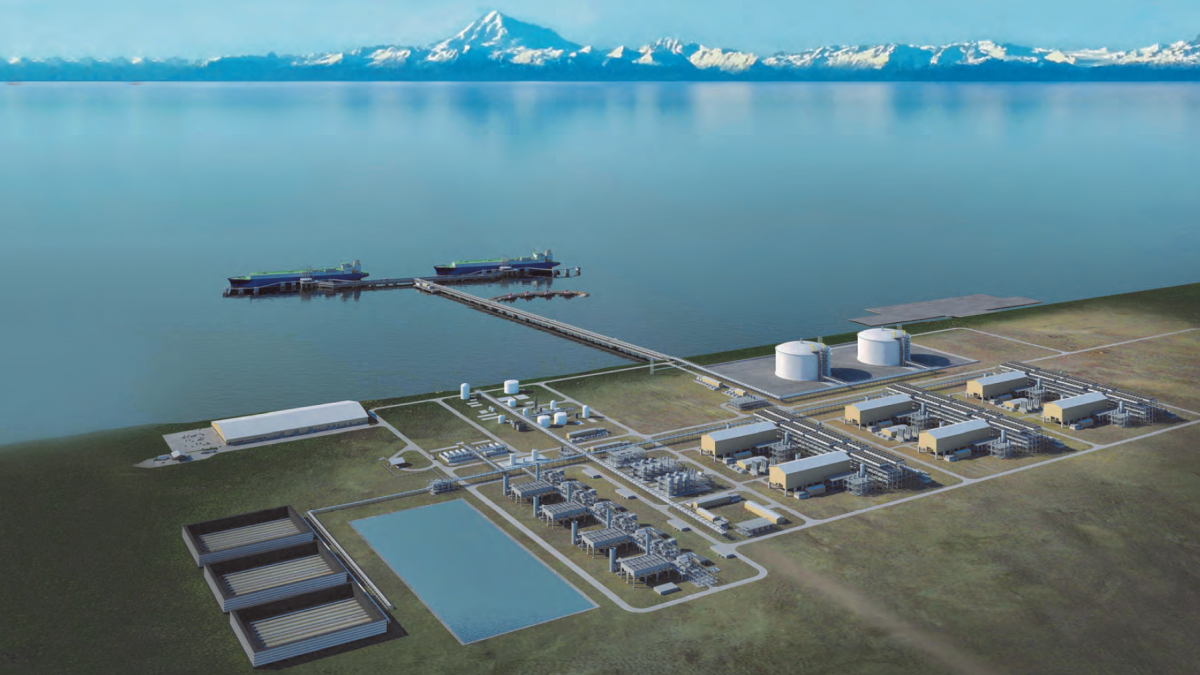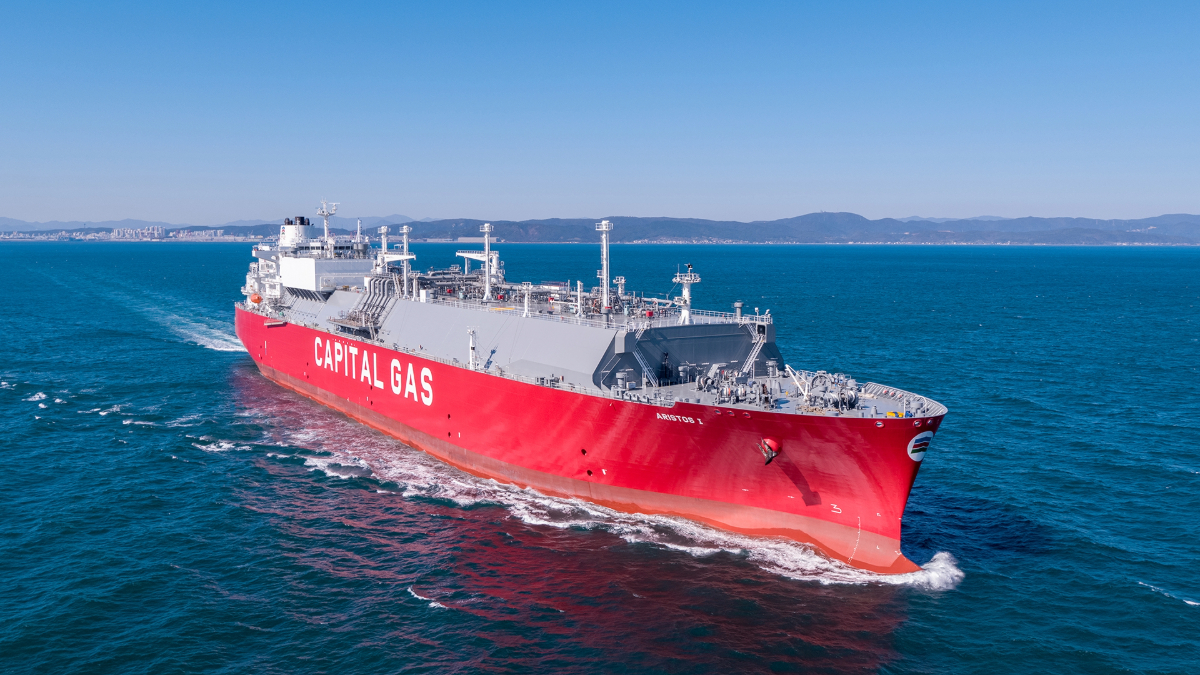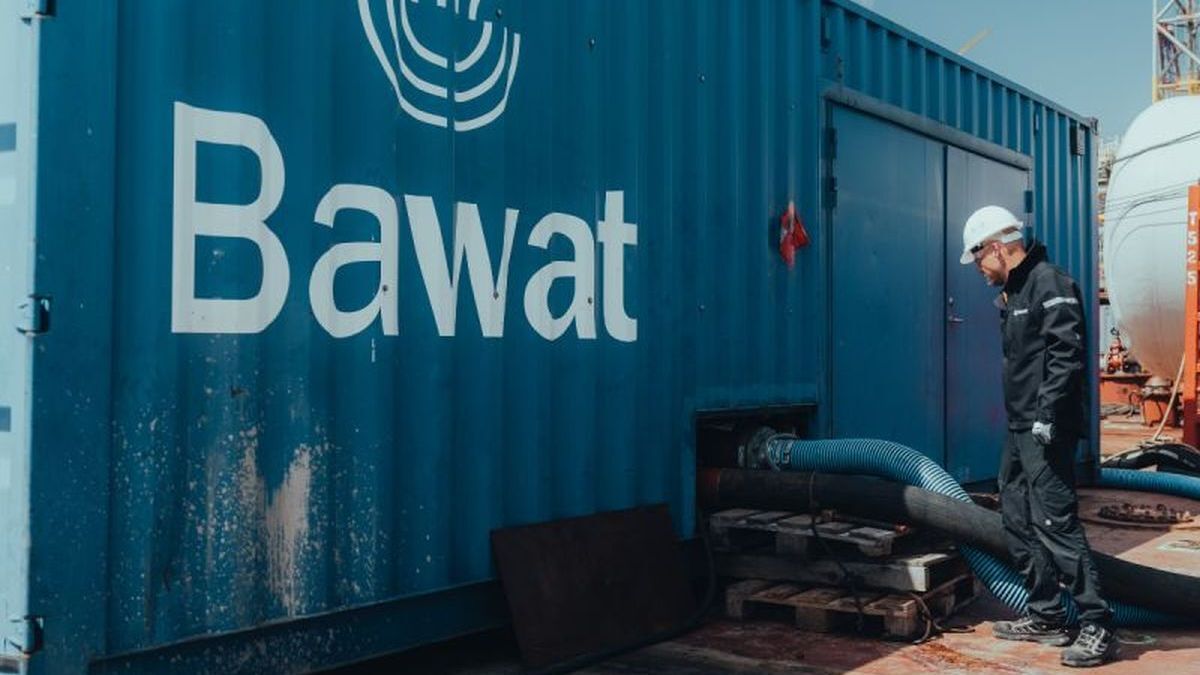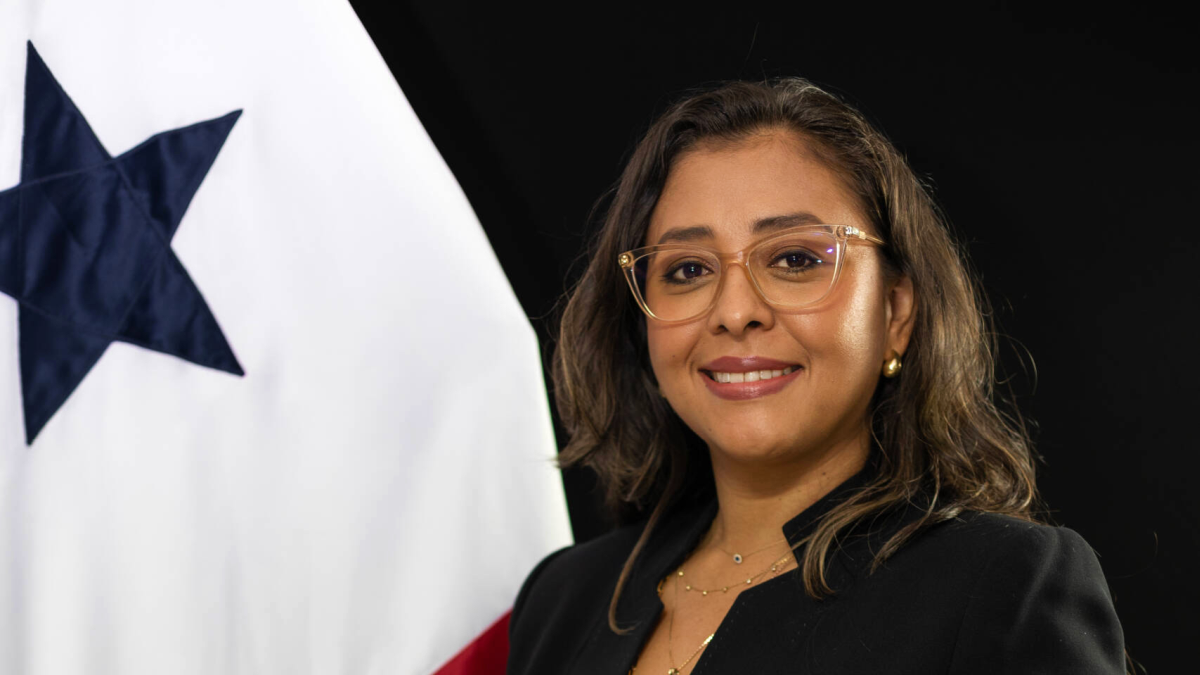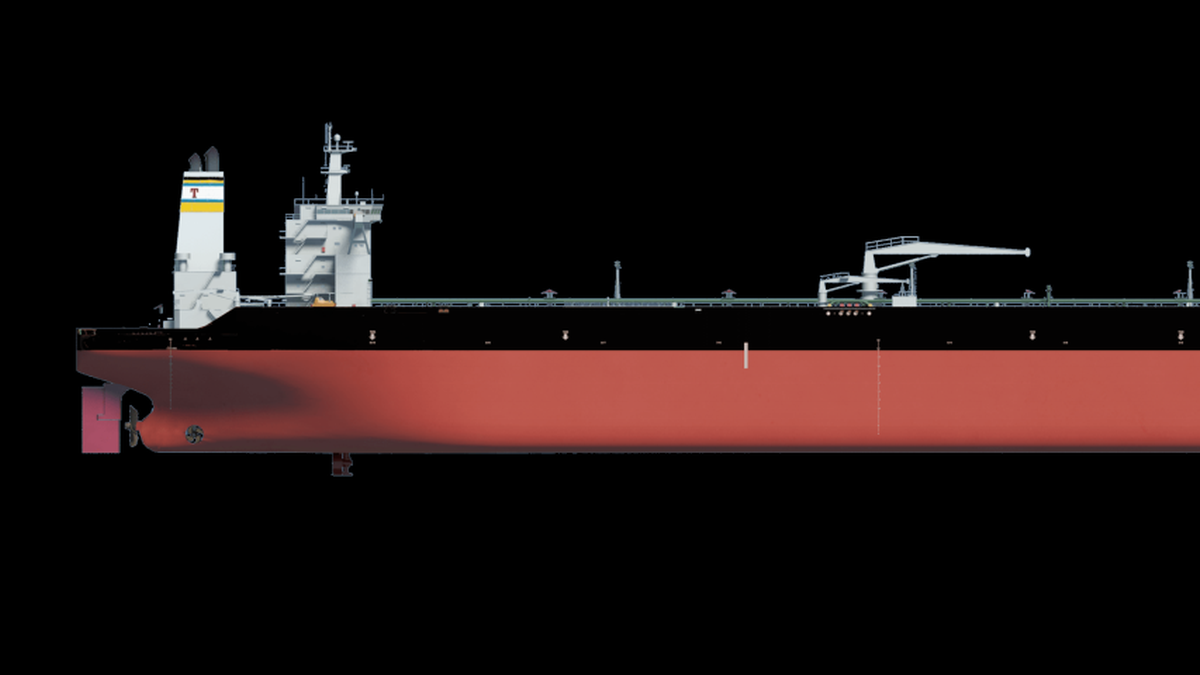Business Sectors
Contents
EU and IMO agree: global decarbonisation regulations are preferable
Representatives from IMO and the European Commission discussed the likelihood that the EU’s initial regulatory push on decarbonisation measures for the maritime sector could be superseded by global agreements within IMO
In the week prior to a widely anticipated meeting of IMO’s Marine Environment Protection Committee (MEPC), Riviera Maritime Media’s Maritime Decarbonisation, Europe: Conference, Awards & Exhibition 2024 in Amsterdam kicked off with a session on the direction of travel for regulatory discussions both regionally and on a global level.
Among the themes that emerged from a panel that included the current chair of IMO’s MEPC, Dr Harry T Conway, and European Commission policy officer Peter Czaga, was an agreement that global regulations are preferable to regional regulations.
Mr Czaga introduced the EU Commission’s position on the matter in his discussion of the FuelEU and Emissions Trading System (EU ETS) for maritime that are encapsulated within the EU’s Fit for 55 regulatory package.
"It’s true. We believe in the priority of a global (regulatory) regime," Mr Czaga said.
This stance comes with imporant provisos, according to the EU policy officer.
"A number of categories have to be met in terms of ambition and targets… we want to be sure these regulations have teeth," he said.
Asked whether the EU would consider removing its current regulations if IMO establishes its own regulations similar to the EU ETS and Fuel EU maritime, Mr Czaga said EU policymakers priority is the IMO and creating a global regulatory instrument that is universally applied to the global shipping industry.
Specifically, within IMO, Mr Czaga said the EU is pushing for a "very solid, very comprehensive, fuel standard… and a levy” that would look similar to the EU’s existing regulations.
“We are open to streamline, harmonise or even abolish our regulations to move to a global standard,” Mr Czaga said.
From the perspective of the IMO chair, Dr Conway agreed in principle that global regulations are largely preferable to an alternative that is often described as a "patchwork" of regional regulations.
"I think, [global regulations] would be the way to proceed because what we aim for in the maritime sector is approval of global regulations. We try to, as much as possible, avoid regional regulations," Dr Conway said.
"If you implement measures in one region and another region is not implementing similar measures, then you will still have CO2 being emitted," he said.
He also acknowledged the different pace of regulation between regional EU regulators and IMO.
"The EU would like to see IMO move at a faster pace. So, if IMO moved faster, I think the EU would remove its measures," he said.
Asked to give a timeline of the IMO negotiations and an agreement on the specific global regulation questions around GHG currently under discussion at IMO, the so-called ’basket’ of mid-term decarbonisation measures, Dr Conway said the measures should be adopted later in 2025 under the existing timeline.
The Maritime Decarbonisation Amsterdam event brought forward critical discussions on global decarbonisation strategies. But the journey doesn’t stop there.
On December 4, the series travels to Houston at the Maritime Decarbonization Conference Americas 2024.
This is your opportunity to engage with the next wave of insights and solutions shaping the future of maritime sustainability.
Sign up for updates
Related to this Story
Events
Maritime Decarbonisation, Europe: Conference, Awards & Exhibition 2025
Offshore Support Journal Conference, Americas 2025
LNG Shipping & Terminals Conference 2025
© 2024 Riviera Maritime Media Ltd.


